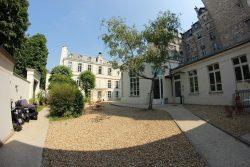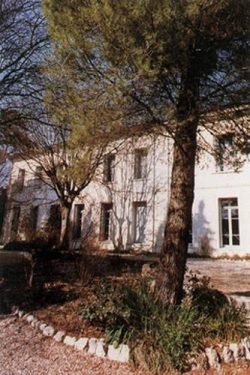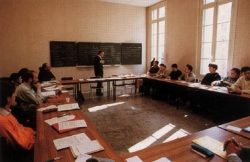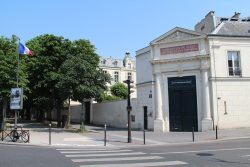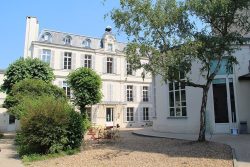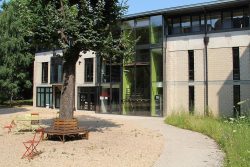The Protestant Institute
of Theology
The Protestant Institute of Theology, which was founded in 1972, is made up of two protestant theology faculties, Paris and Montpellier. Its main role is to prepare for the ministry in the Église Protestante Unie de France, but it is also a well-equipped research centre and an institution which provides continuous education, working in association with the section of religious Science in the Ecole Pratique des Hautes Etudes, the Catholic Faculty of Paris, the Institut Supérieur d’Etudes Oecumeniques and the Ecole des Hautes Etudes en Sciences Sociales.
One institution but two sites
Since 1972, the Protestant Institute of Theology has merged into one structure both the protestant theology universities of Montpellier and Paris. There are 300 full-time students as well as others who do not actually take an exam or who follow continuous education programmes. At the beginning, the first cycle of studies took place in Paris and the second in Montpellier, but this is not always the case nowadays – the teachers, however, usually teach in both places.
The Faculties have had similar and also different histories, but both cater for a variety of protestant traditions, stretching from liberalism on the one side to “orthodoxy” on the other ; the different tendencies have not always co-existed harmoniously.
Montpellier
The Faculty of Montpellier was founded in 1919, so that the Faculty of Montauban could be transferred to a university town. This is where nearly all the future pastors of the protestant Church used to prepare their theological studies, together with Strasburg University, in the XIXth century in France. Montauban was founded in 1809 within the jurisdiction of the Académie de Toulouse and was not situated far from the former Académie Protestante (which dated back to 1598).
The first deans of Montpellier were Henri Bois (1862-1924) and Léon Maury (1863-1931), two theologians who were particularly aware of the social problems of their time and the progress of research in social science. Since then, many remarkable professors have taught critical exegesis of the Old and New Testament (Wilhelm Vischer), Church history, classical languages, systematic theology (André Gounelle), practical theology, social issues, philosophy, ethics. The Protestant Institute of Theology has enabled the Faculty of Montpellier to improve its courses in social science and to work with many other international universities ; this has led to many original study projects, such as those associated with Paul Tillich and the theology of Process. It is also linked to state universities in the area of Provence/Alpes/Côte d’Azur.
Learn more about the celebration in October 2020 of the 100 years of the theological faculty
Paris
The Faculty of Paris was founded in 1877 when two university teachers from Strasburg took refuge in Paris because they could not and would not teach in a university which had been taken over by the Germans since defeat in 1870. Thus it was that, for the first time since the beginning of the Reform Movement in France, there was a theological college in Paris for future pastors, missionaries and theologians. The above mentioned professors had the added advantage of possessing a deep knowledge of the historical-critical School of text analysis which had been developed in Germany (this was the case for Adolf van Harnack in particular).
From the beginning, the Paris Faculty, situated in Boulevard Arago, had an open attitude in its teaching and research. The professors contributed significantly to the new Social Christianity movement. They also participated in other contemporary issues, such as the reforms and modernization of the State university and the modernist crisis. Among them, we can mention Frédéric Lichtenberger, Adolphe Lods, Wilfred Monod and Raoul Allier. And then under the dynamic influence of Pierre Maury, as well as Jean Bosc, Georges Casalis, André Dumas and Oscar Culman, the Faculty began to teach the works of Karl Barth.
The Protestant Institute of Theology has enabled the Paris Theology Faculty to diversify its activities. For example, there has been more frequent contact with the section of religious Science in the Ecole Pratique des Hautes Etudes, with the Ecole des Hautes Etudes en Sciences Sociales and with the various different Faculties (philosophy, theology, the Institut Supérieur d’Etudes Oecumeniques – ISEO) of the Institut Catholique de Paris.
The Atelier protestant works in association with the Faculty. This is a conference and study centre under the aegis of the Église Protestante Unie de France.
The philosopher Paul Ricoeurhas left his private library to the Faculty in his will.
The Protestant Institute
of Theology
81 Boulevard Arago, 75014 Paris, France
Associated notes
-
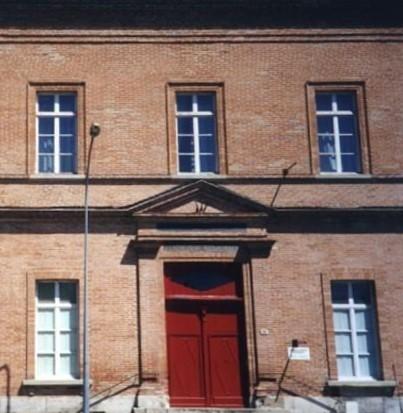
The Montauban Faculty of Theology in the 19th century
The faculty was founded in 1808-1810 and trained the majority of the Reformed Church pastors. After a somewhat tentative beginning, studies were reorganized by a decree initiated by Baron Cuvier... -
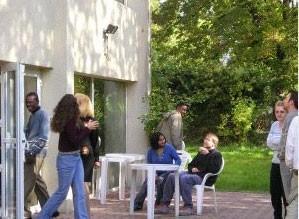
The Independent Evangelical Theological Faculty of Vaux-sur-Seine
The Vaux-sur-Seine Faculty has trained pastors since the late XIXth century. It became an independent institution of further education in 1965. It is a training centre of future pastors in the... -
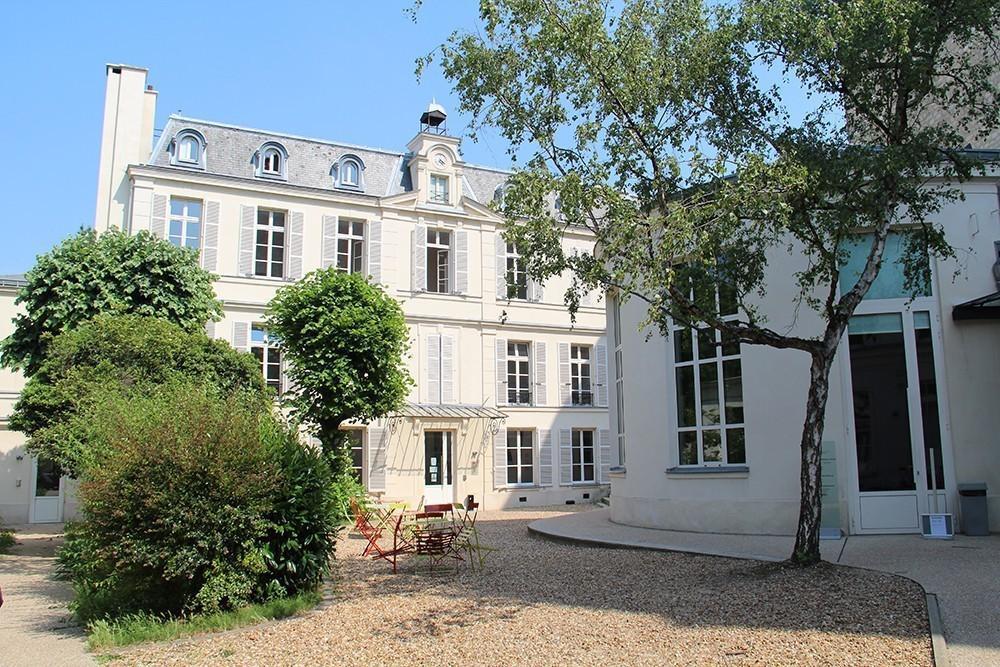
The Faculty of Protestant theology in Paris
Protestant theology had never been taught in Paris, not even at the time of the Edict of Nantes. The transfer of the Strasburg universities to Paris, in the years that... -
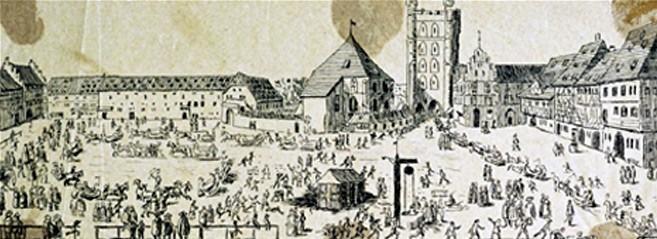
The Protestant Faculty of Theology in Strasbourg
The Protestant Faculty of Theology in Strasbourg, successor to the School founded in 1538, is one of the oldest sites offering training for a variety of ministries within the church.... -
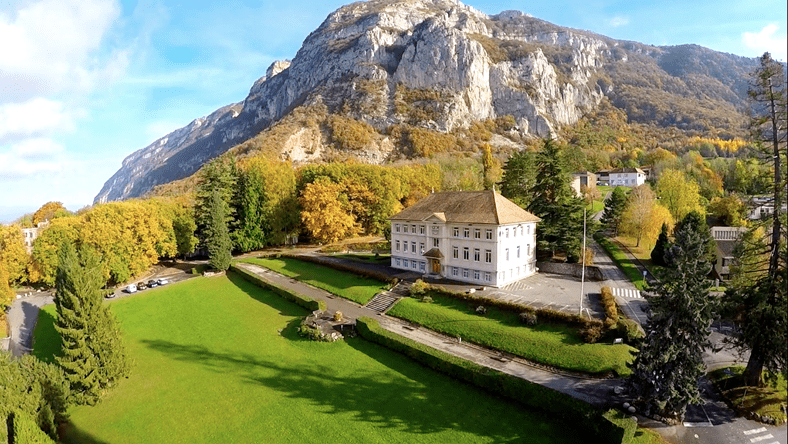
La faculté de théologie adventiste
La faculté de théologie adventiste de Collonges, créée en 1921, a pour fonction première de former les pasteurs de l’Église adventiste pour le monde francophone. -
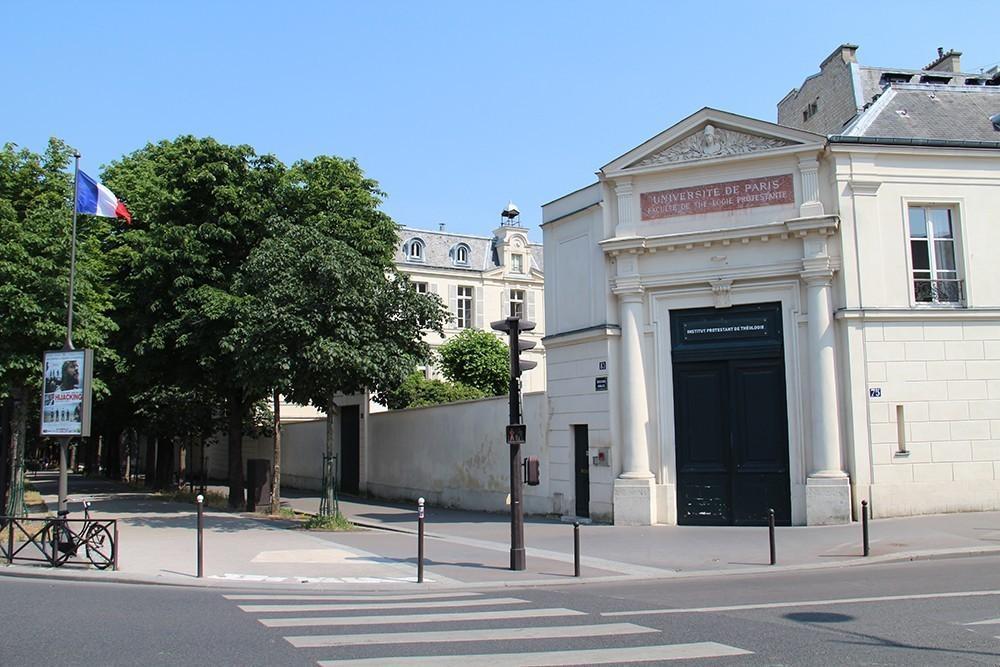
The faculties of theology in the 19th century
In 19th century France, Lutheran and Reformed pastors under the Concordat rule were trained in two State-recognized faculties of theology. -
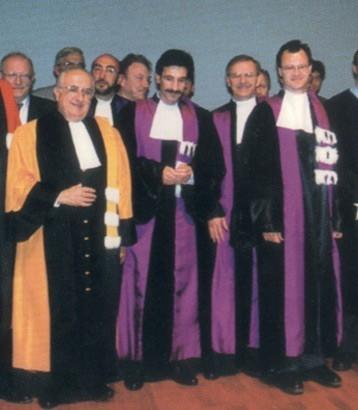
The Protestant Theology Faculties today
The protestant theology faculties in France are independent institutions of higher education awarding their own diplomas. Strasbourg is a case apart and is still bound by the Concordat agreement between... -

La faculté Jean Calvin d’Aix-en-Provence
La faculté libre de théologie protestante d’Aix-en-Provence, créée en 1939 puis mise en sommeil, a été « refondée » en 1973. L’enseignement qui y est proposé se veut confessant et... -
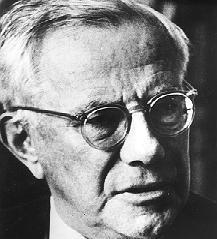
Paul Tillich (1886-1965)
Paul Tillich was born in eastern Prussia in 1886. He was a Lutheran and a bright student in theology and philosophy, and then became a pastor in a working class... -
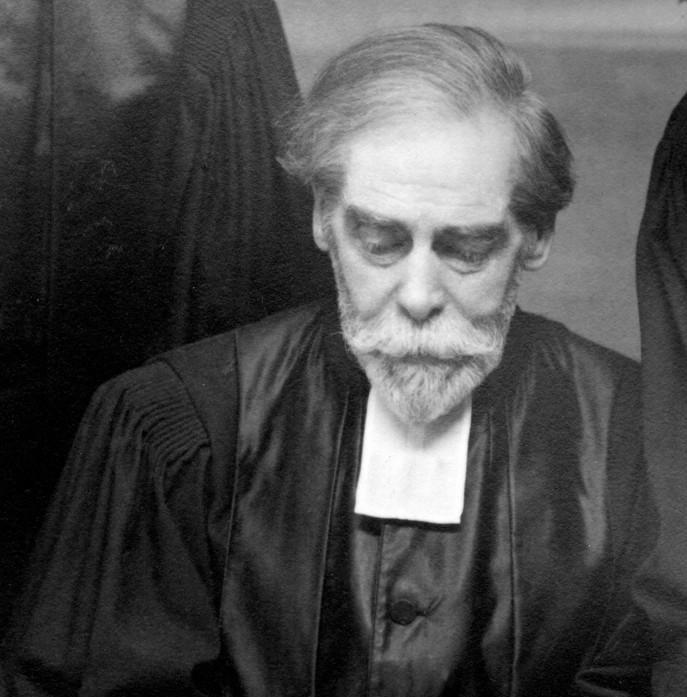
Wilfred Monod (1867-1943)
-

Pierre Maury (1890-1956)
The pastor Pierre Maury was one of the noteworthy figures in French Protestantism during the first half of the 20th century. He was a warm-hearted member of the “Fédé”. As... -
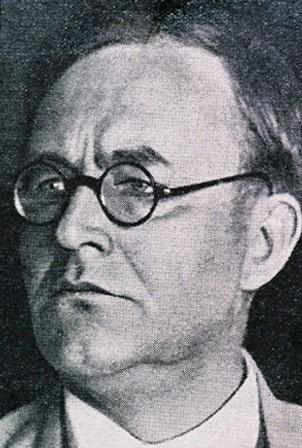
Karl Barth (1886-1968)
The theologian Karl Barth (1886-1968) was an outstanding protestant personality of the 20th century. His work questioned many a certainty. It also influenced several generations of pastors, especially in France.... -
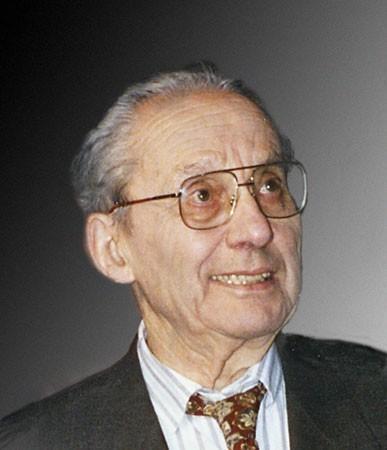
Paul Ricœur (1913-2005)
Paul Ricoeur considered himself to be a philosopher by profession and Christian in his religion. He was thought to be one of the greatest post-war French thinkers. Ricoeur lived a... -
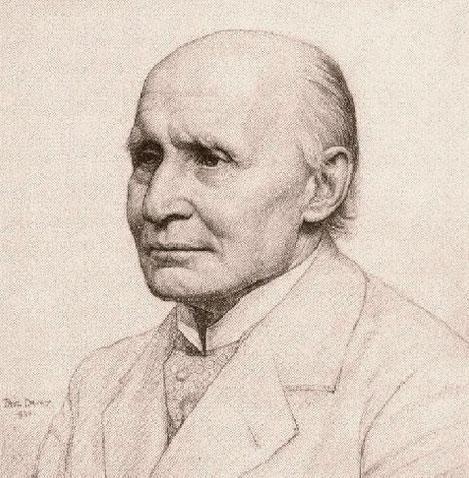
Process Theology
Process theology was influenced by the English philosopher and mathematician, Alfred Whitehead. It was Professor André Gounelle who made known this theology in France – according to which God is... -
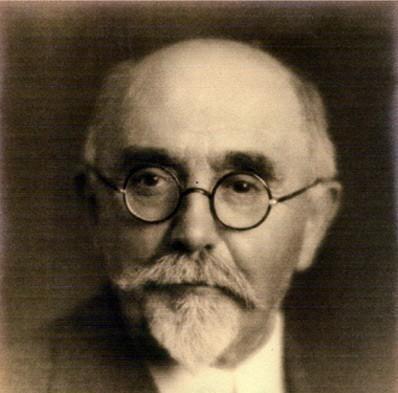
Raoul Allier (1862-1939)
Professor of philosophy, Raoul Allier gets involved in Social Christianity, in the Dreyfus affair, in the preparation of the law of the Separation of Churches and State, in inciting Protestants...

